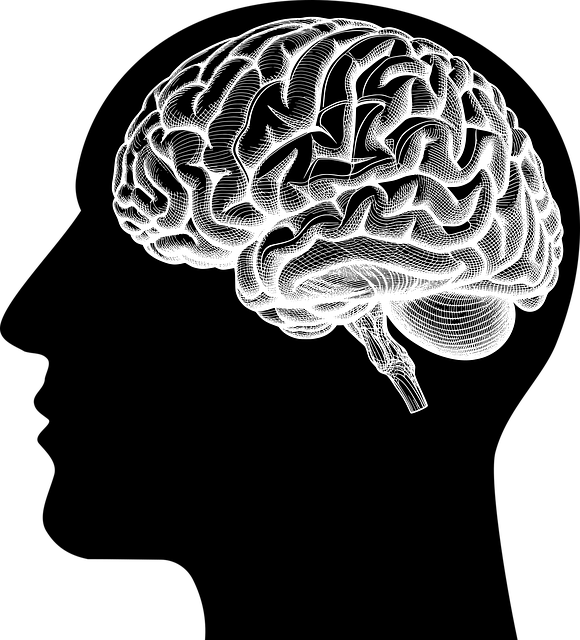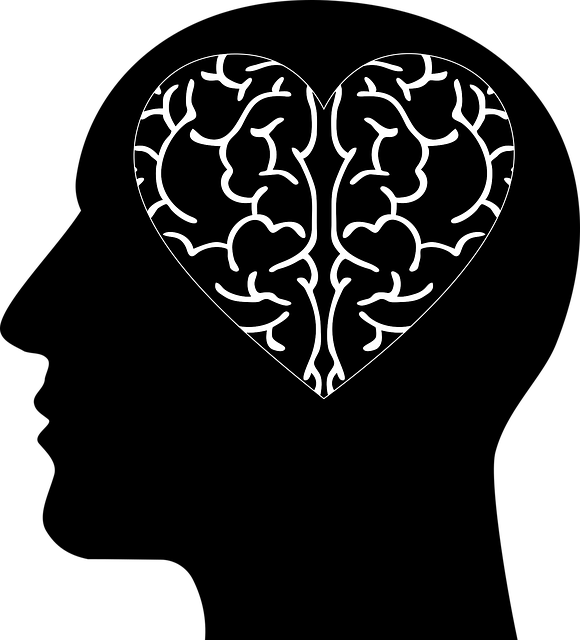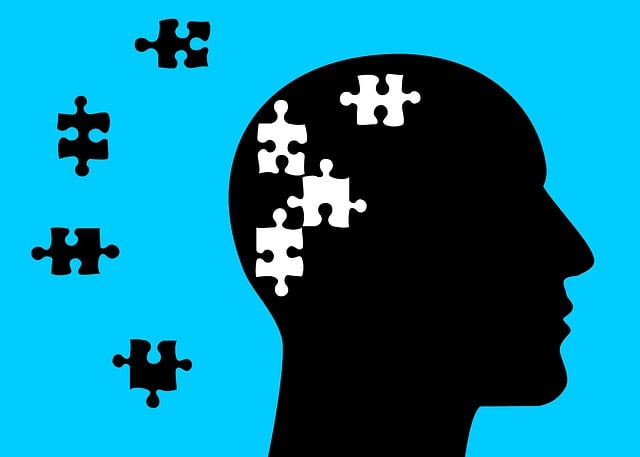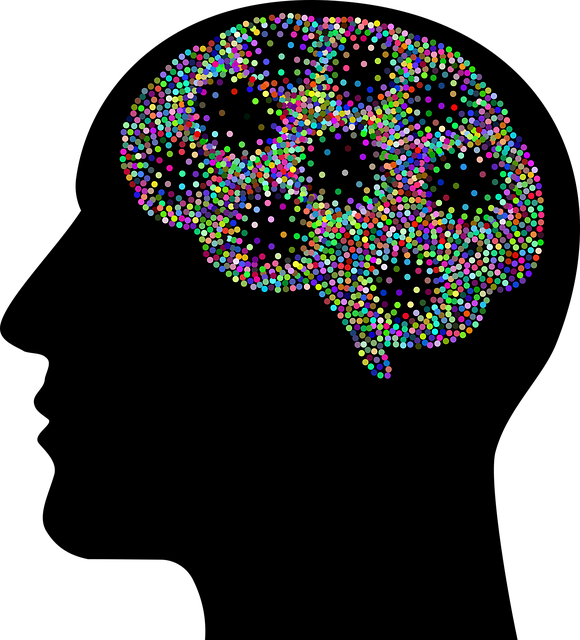Children's Adjustment Disorder (CAD) is a mental health condition characterized by emotional and behavioral difficulties affecting daily life, including mood swings, anxiety, and aggression. Early intervention through tailored therapy, such as cognitive-behavioral therapy (CBT), builds resilience and cultural sensitivity in children with CAD. Advanced data analysis in mental health research helps identify risk factors and effective treatments for CAD, leading to personalized interventions. By combining structured assessments, observations, and self-reports, professionals can interpret data to design holistic therapy plans considering family, school, and community support systems. Measuring therapy effectiveness involves multi-faceted approaches beyond symptom reduction, including Compassion Cultivation Practices (CCP), which enhance well-being and resilience in children with CAD.
Mental health data analysis is a powerful tool in understanding and addressing childhood challenges, particularly Children’s Adjustment Disorder (CAD). This article explores how analyzing mental health data can revolutionize therapy for CAD. We delve into symptoms, diagnosis, data collection techniques, interpretation strategies, and measuring the effectiveness of therapeutic programs. By leveraging data insights, professionals can tailor interventions, ensuring better outcomes for children struggling with this disorder. Discover how these approaches are transforming support systems for kids with CAD.
- Understanding Children's Adjustment Disorder: Symptoms and Diagnosis
- The Role of Data Analysis in Mental Health Research for CAD
- Techniques for Collecting and Organizing Mental Health Data for Children
- Interpreting Data to Tailor Therapy Interventions for CAD
- Measuring the Effectiveness of Therapy Programs for Children with CAD
Understanding Children's Adjustment Disorder: Symptoms and Diagnosis

Children’s Adjustment Disorder (CAD) is a mental health condition that can significantly impact a child’s emotional and behavioral well-being. This disorder often manifests as persistent difficulties in coping with daily life, including problems at school, home, or in social settings. Symptoms may include severe mood swings, anxiety, depression, difficulty concentrating, and aggressive behavior. Diagnosing CAD involves a comprehensive assessment by qualified mental health professionals who look for these specific symptoms’ persistence and impact on the child’s functioning.
Early intervention is crucial in helping children with CAD. Therapy plays a pivotal role in fostering inner strength development, cultural sensitivity in mental healthcare practice, and emotional intelligence—key factors in their adjustment. Tailored therapeutic approaches, such as cognitive-behavioral therapy (CBT), can equip children with effective coping strategies to manage their symptoms and enhance their overall resilience. By addressing CAD proactively, mental healthcare practitioners not only support the child’s immediate needs but also lay the foundation for a healthier and more fulfilling future.
The Role of Data Analysis in Mental Health Research for CAD

In the realm of mental health research, data analysis plays a pivotal role in understanding and improving outcomes for conditions such as Children Adjustment Disorder (CAD). Advanced analytical techniques enable researchers to uncover intricate patterns and trends within vast datasets, shedding light on risk factors, effective treatment modalities, and long-term prognoses. By leveraging these insights, healthcare providers can tailor interventions to meet the unique needs of each child, enhancing the efficacy of therapy for CAD.
The integration of data analysis in mental health research also fosters a more culturally competent approach. Healthcare provider training programs often incorporate modules on cultural competency, equipping practitioners with the skills to interpret and respond sensitively to diverse patient backgrounds. Furthermore, mental wellness podcast series production has surged, leveraging audio platforms to disseminate evidence-based information on topics like CAD, positive thinking, and coping strategies, making mental health support more accessible and engaging for families.
Techniques for Collecting and Organizing Mental Health Data for Children

Collecting and organizing mental health data for children involves a blend of structured assessments, observations, and self-reports tailored to their age and developmental stage. Therapists can employ standardized tools like the Child Behavior Checklist (CBCL) or the Strengths and Difficulties Questionnaire (SDQ) to assess emotional and behavioral symptoms, providing a comprehensive overview of the child’s mental health status. In addition to these formal assessments, qualitative data through interviews and play therapy sessions offer deeper insights into the child’s experiences and perceptions, facilitating more nuanced interpretations.
Organizing this data efficiently is crucial for effective intervention planning. Utilizing specialized software designed for child mental health can streamline the process, allowing therapists to securely input and track information from various sources. This includes notes from therapy sessions, results of assessments, and observations during play or interaction. A well-structured database enables quick access to pertinent data, facilitating informed decision-making in treating conditions such as adjustment disorders and ensuring appropriate Crisis Intervention Guidance. Moreover, it facilitates the monitoring of progress over time, allowing for adjustments in the Stress Management Workshops Organization and tailored interventions based on evolving needs.
Interpreting Data to Tailor Therapy Interventions for CAD

Interpreting data is a vital step in tailoring therapy interventions for Children with Adjustment Disorder (CAD). By analyzing trends and patterns within the collected mental health data, professionals can gain valuable insights into each child’s unique challenges and strengths. This process involves assessing various factors such as emotional responses, behavioral patterns, and coping mechanisms. With these insights, therapists can design personalized treatment plans that address specific needs. For instance, if data reveals heightened anxiety levels in certain situations, therapy sessions might incorporate strategies for stress management and anxiety relief, which could include techniques learned through Stress Management Workshops Organization programs.
Moreover, the interpretation phase allows for the integration of community outreach program implementations into therapy. By understanding the social and environmental influences contributing to CAD, therapists can encourage positive changes within the child’s surroundings. This holistic approach ensures that interventions are not just focused on the individual but also consider their connection to family, school, and community support systems. Such tailored strategies have been shown to foster effective recovery and enhance overall well-being for children with CAD.
Measuring the Effectiveness of Therapy Programs for Children with CAD

Measuring the effectiveness of therapy programs for children with Adjustment Disorder (CAD) is a multifaceted process that goes beyond mere symptom reduction. By integrating advanced data analysis techniques, therapists can gain valuable insights into what works best for individual children. This involves assessing changes in behavioral patterns, emotional regulation skills, and social interactions before, during, and after therapy. With the help of quantitative tools like surveys and qualitative methods such as interviews, therapists can pinpoint specific areas of improvement or challenges faced by each child.
One promising approach that has shown effectiveness is Compassion Cultivation Practices (CCP), which foster positive thinking and reduce the stigma associated with mental illness. By incorporating CCP into therapy programs, practitioners can enhance children’s ability to manage stress and develop more compassionate self-perceptions. This holistic approach not only improves the child’s immediate well-being but also empowers them to navigate future challenges with resilience. Furthermore, ongoing data collection and analysis enable therapists to adapt their strategies in real time, ensuring that each child receives personalized care tailored to their unique needs.
Mental health data analysis and interpretation play a pivotal role in understanding and effectively treating Children’s Adjustment Disorder (CAD). By leveraging advanced techniques for collecting, organizing, and interpreting data, professionals can tailor therapy interventions to better support affected children. This personalized approach, combined with robust measurement of therapy program effectiveness, ensures that treatment strategies are not only tailored but also proven to be successful, ultimately improving outcomes for kids struggling with CAD and providing them with the tools they need to thrive.












